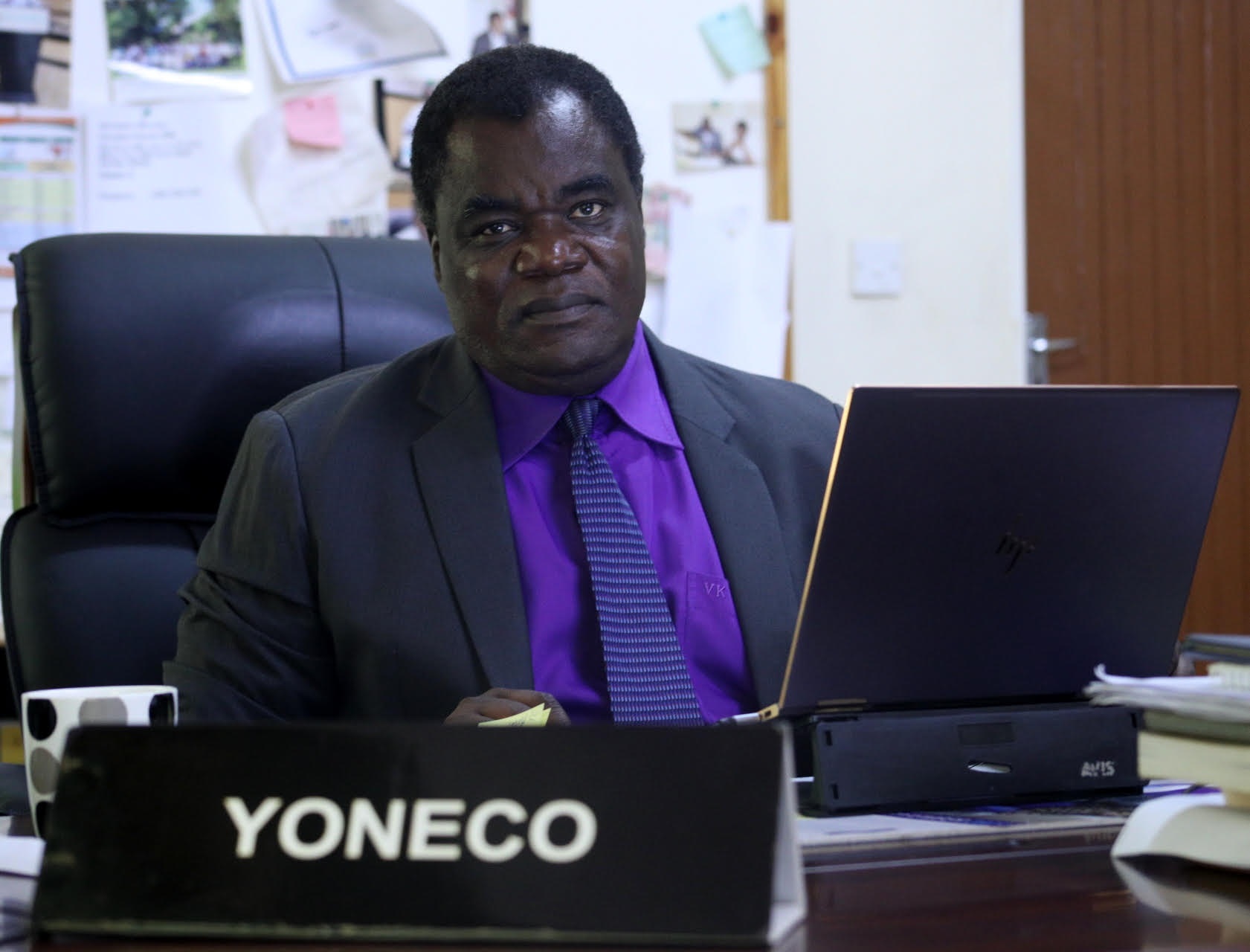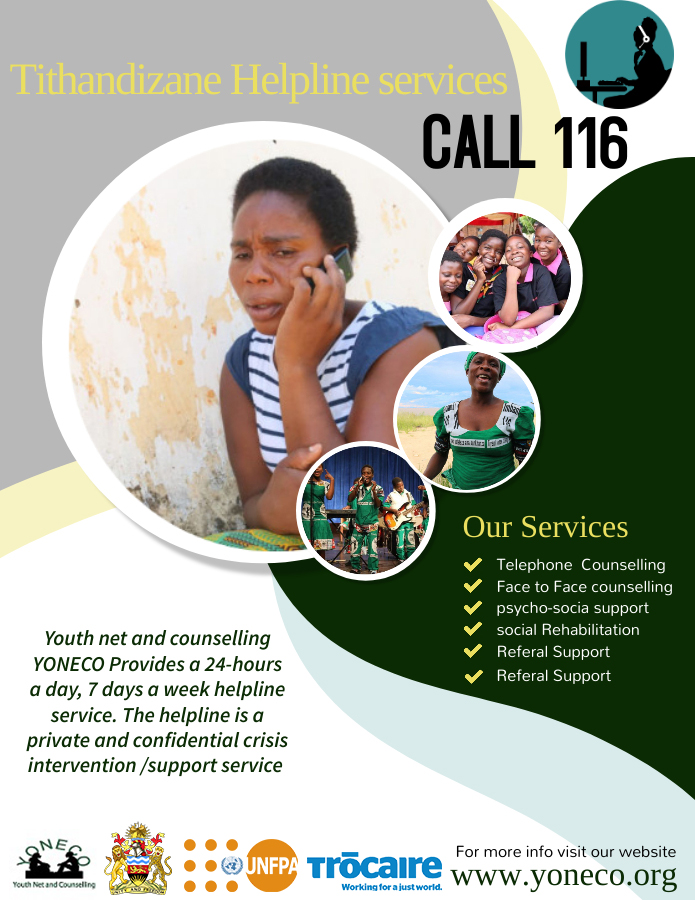Dear Esteemed Readers,
Welcome to 2024! We have exited a year of difficulties which has included a devastating cyclone that killed over 1,000 people and left thousands of people destitute, major currency devaluations and high levels of inflation.
It was also a year in which we experienced a distressing surge in violence perpetrated against women and children as well as young people being exported to Israel for labour. During the just-ended year, we also learnt that 2 percent of the world’s poorest people are living in Malawi. These stories and many more haunted Malawians in 2023. Heartrendingly, all these issues were recorded in a year that marked the 30th anniversary of the country’s democracy.
As we are now in 2024, it is important to acknowledge that 39 years remain until the goal of the Malawi 2063 (MW2065). In addition, we are six years away from the 2030 Sustainable Development Goals (SDGs) target year, which also marks the completion of Malawi 2063 First 10-Year Implementation Plan (MIP-1). We, therefore, dedicate this discussion to reflect on Vision 2063 and our thinking and ideologies. We start this conversation by acknowledging that those who are 60 and above will be 99 years old when Vision 2063 will be hitting the target. Those who are 20 today will be 59 years old in 2063. This, therefore, becomes the major reason why Vision 2063 was designed to be youth centric. As such, we need to invest more in youth programmes that will change the long-standing narrative that has persisted for the last 30 years. A narrative in which we have developed a nation that is so dependent on external support. A narrative in which everyone thinks that we need handouts to survive. A narrative that promotes laziness right from the various levels of our education system.
We have seen in the last 30 years that our focus on education has been on the acquisition of academic certificates against learning. We have all accused the Malawi National Examinations Board (MANEB) of the leakage of examinations, but we have not questioned why there is a demand for cheating. This has continued into the universities where people cheat their way towards obtaining their first and master’s degrees. We had recent situations at the University of Malawi (UNIMA) and the Malawi University of Science and Technology (MUST). We applaud the two universities for action taken but we need to dig deeper because others have just not been caught. Unfortunately, these habits are creating into the system, and they continue cheating even when at work and in business. As a nation, we need to seriously reflect on these for us to make progress.
Malawi has become a nation that believes in handouts more than production and self-support. We have reached a level where we are being asked to work on our roads under the concept of “Food for Work” as a social security plan. While recognizing these efforts, we also need to see how this helps our goal of achieving sustainable socio-economic growth. Roads that have been done using hoes by communities have been washed away in the next season and we will be back with food for work. One Reverend Yassin Gama, in one of his sermons, asked why villagers cannot work on a road that benefits their community unless they get paid. Probably he was questioning the issue of patriotism. We have said this several times, but our lack of mental independence continues to be the cause of this. We have a pillar in the Malawi 2063 agenda which is mindset change. As long as our mindset remains the same, we will continue receiving handouts, meaningful development will never happen in Malawi. We need to revisit several things to ensure that we are moving in the right direction.
As a country, we also need to stop the blame game. Malawi’s development is a collective responsibility. Section 30 of the constitution reflects on the Right to Development of the people of Malawi. The enjoyment of human rights requires that rights holders should demand their rights while realizing that they are also duty bearers. If our right to development is being affected by corruption, for example, why is it that we are so comfortable getting services through corruption? You happily tell each other “ukangopeleka kanganyase kena kake zikatheka”. We then come back and say the government is not doing anything to curb corruption. The citizens must reject and resist corruption. This is also about the mindset that we are creating. It should be borne in mind that this is done in front of our young people, and they are growing up thinking that nothing will happen unless you bribe someone. This mindset will continue, and we will never develop.
As we reflect from the onset of 2024, we need to find mechanisms for reducing our dependence. We cannot continue expecting to be bailed out from our poverty by the International Monetary Fund and World Bank and neither can we rely on exporting labour for Forex. We need to turn Malawi into a production and not a consuming country.
Wishing you a Happy and prosperous New Year.


